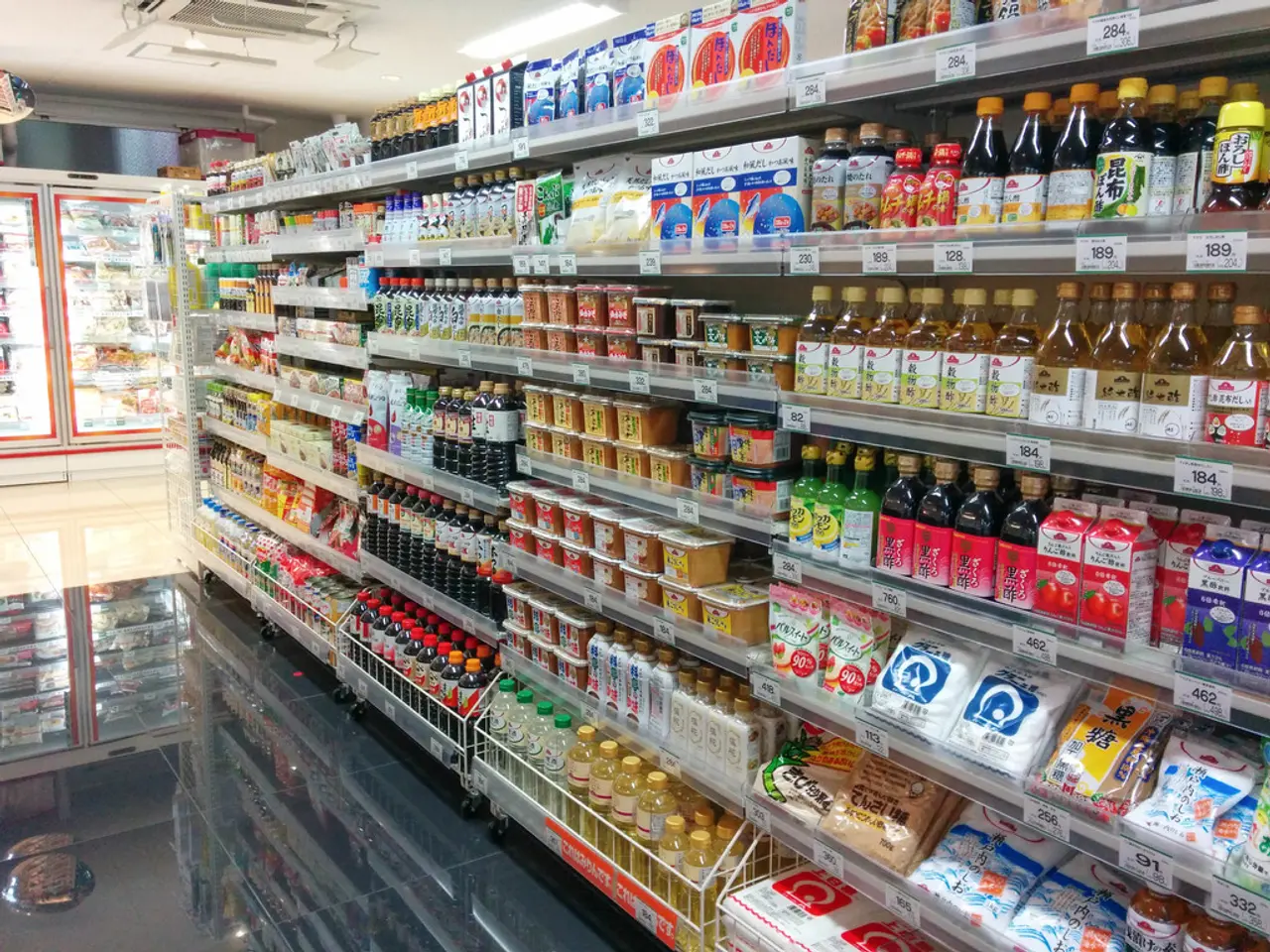Funds earmarked for the training expenses of the European Parliament and Council.
In the rapidly evolving digital landscape, political communication is set to undergo significant changes in the coming years. As we move towards 2024, social media platforms like Instagram, LinkedIn, and TikTok are poised to play a more prominent role in political discourse, especially with key elections on the horizon.
One of the anticipated trends is the increased use of diverse content formats, targeted messaging through influencers and digital marketing, and a growing role for encrypted instant messaging apps in political campaigns. This shift reflects a strategic and nuanced approach to content dissemination, designed to enhance reach and engagement.
Political communication will continue to reflect ideological divides, with liberals generally sharing a broader range of issues and potentially more aggressive or polarizing content, while conservatives share less diverse but potentially more cohesive political messaging. This divergence affects how information diffuses on social platforms.
Campaigns are increasingly leveraging influencers and digital marketing firms to create content that appears organic but is paid and less transparent. This trend complicates regulatory oversight and allows political actors to reach and engage audiences more subtly and effectively across various social media channels.
Platforms like WhatsApp, Telegram, and Signal will be pivotal in political communication, especially for micro-campaigning and mobilizing supporters in ways that are difficult to monitor or regulate. Although not social media in the traditional sense, they impact political communication ecosystems linked to platforms like Instagram and TikTok.
Advances in AI and data analytics are reshaping how politicians and parties manage digital campaigns. This involves more sophisticated content targeting, message amplification, and combating misinformation to secure electoral advantages across platforms.
The changing decisions and regulations of platform providers, such as Instagram, and platform regulations, like those from the EU, are impacting communication strategies. For instance, Instagram has announced that political posts on Instagram and Threads will no longer be organically shown to potential followers unless explicitly allowed in the settings.
The shift to closed chat groups on messaging services is a response to concerns about the potential impact of mistakes in the digital public sphere. Follower numbers are becoming less important as indicators of success on social media, with reach and target group definition becoming more crucial.
The EU has opened a procedure against TikTok due to concerns about youth protection. Institutions are shifting "social" communication to closed chat groups on platforms like WhatsApp, BeReal, and other messaging services due to fear of mistakes in the digital public sphere.
The changing nature of communication on digital platforms is a topic of critical discussion. The "Young Political Communicators Club (YPCC)", founded by Nina Weise and Anna Moors, aims to facilitate cross-party exchange among young professionals in political communication. The club offers networking events, Fuck-up Nights, and excursions, encouraging adaptation to these new circumstances.
As we navigate through 2023, several political events are scheduled, including three state elections in Germany, European elections on June 9, and elections in the USA. In light of these events, communication strategies are being reconsidered in light of the changing landscape of digital communication.
An article in "Die Zeit" discusses the changing nature of communication on digital platforms, highlighting the importance of open dialogue and the need to adapt to these new circumstances. As we move forward, it is crucial to engage in these critical discussions about the impact of digital communication on our political landscape.
[1] Pew Research Center. (2021). The State of Technology and Social Media in 2021. [2] Keller, S., & Bail, C. (2021). Social Media and American Politics. Oxford University Press. [3] Shapiro, C., & DellaVigna, S. (2019). Network Propaganda: Manipulation, Disinformation, and Radicalization in American Politics. Yale University Press. [5] Markus, G., & Reeves, B. (2019). Microtargeting: The Digital Revolution in American Presidential Politics. Oxford University Press.
- As the 2024 elections approach, technology, such as social media platforms like Instagram, LinkedIn, and TikTok, will likely play a significant role in political communication, with increasing use of diverse content formats, targeted messaging, and encrypted messaging apps.
- The political communication landscape is being reshaped by advances in AI and data analytics, allowing for more sophisticated content targeting, message amplification, and combating misinformation across various social media channels.
- In response to concerns about mistakes in the digital public sphere, the shift to closed chat groups on messaging services like WhatsApp, Telegram, and Signal is becoming more prevalent, particularly for political campaign micro-targeting and supporter mobilization.




